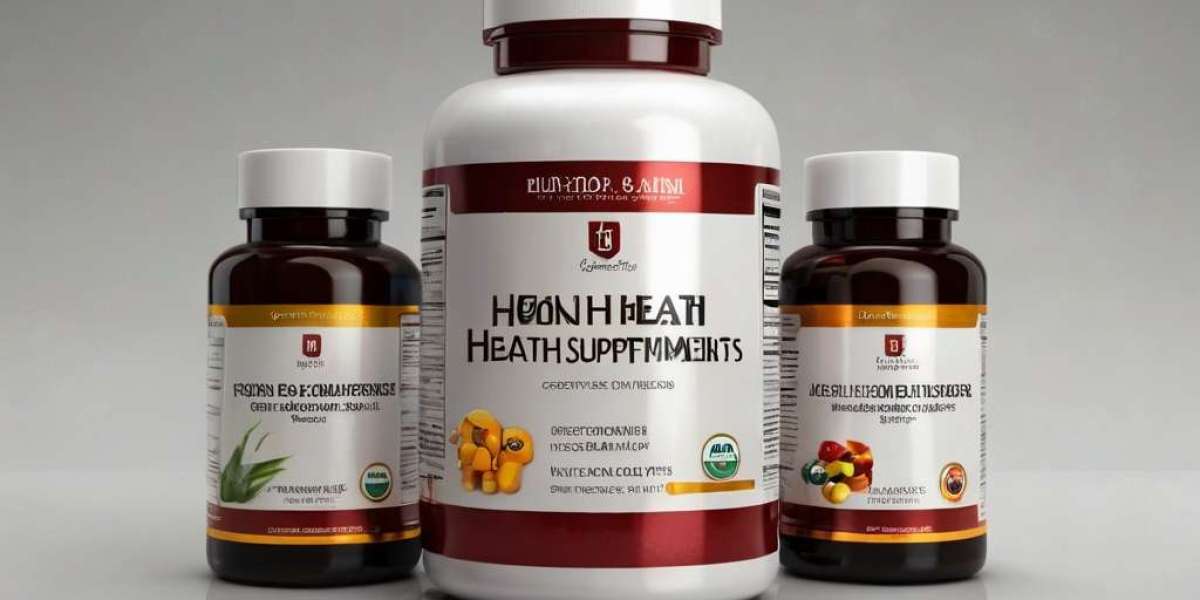 In today's fast-paced world, many people find it challenging to maintain a well-balanced diet that includes all the necessary vitamins and minerals for optimal health. One essential nutrient that is often overlooked is Vitamin B12. In recent years, there has been a growing interest in Vitamin B12 supplements as a way to ensure adequate intake of this vital vitamin.
In today's fast-paced world, many people find it challenging to maintain a well-balanced diet that includes all the necessary vitamins and minerals for optimal health. One essential nutrient that is often overlooked is Vitamin B12. In recent years, there has been a growing interest in Vitamin B12 supplements as a way to ensure adequate intake of this vital vitamin. Vitamin B12, also known as cobalamin, is a water-soluble vitamin that plays a crucial role in the formation of red blood cells, DNA synthesis, and proper nerve function. It is primarily found in animal products such as meat, fish, eggs, and dairy products. Vegetarians and vegans are at a higher risk of Vitamin B12 deficiency because plant-based foods do not contain sufficient amounts of this vitamin.
Vitamin B12, also known as cobalamin, is a water-soluble vitamin that plays a crucial role in the formation of red blood cells, DNA synthesis, and proper nerve function. It is primarily found in animal products such as meat, fish, eggs, and dairy products. Vegetarians and vegans are at a higher risk of Vitamin B12 deficiency because plant-based foods do not contain sufficient amounts of this vitamin. Individuals with certain medical conditions, such as pernicious anemia, Crohn's disease, or celiac disease, may also have difficulty absorbing Vitamin B12 from food sources. In these cases, supplementation may be necessary to prevent deficiency and maintain optimal health.
Individuals with certain medical conditions, such as pernicious anemia, Crohn's disease, or celiac disease, may also have difficulty absorbing Vitamin B12 from food sources. In these cases, supplementation may be necessary to prevent deficiency and maintain optimal health.Vitamin B12 deficiency can lead to a variety of health problems, including fatigue, weakness, depression, memory loss, and nerve damage. It can also increase the risk of heart disease, stroke, and dementia. For these reasons, it is essential to ensure adequate intake of Vitamin B12 through diet or supplementation.
There are several different forms of Vitamin B12 supplements available on the market, including cyanocobalamin, methylcobalamin, and Check sequence hydroxocobalamin. Cyanocobalamin is the most commonly used form of Vitamin B12 in supplements and is typically well-absorbed by the body. However, some people may prefer methylcobalamin or hydroxocobalamin due to their potentially higher bioavailability.
When choosing a Vitamin B12 supplement, it is essential to consider the dosage and form of the vitamin. The recommended daily intake of Vitamin B12 for adults is 2.4 micrograms, although higher doses may be necessary for individuals with specific health conditions or dietary restrictions.
It is also important to consult with a healthcare professional before starting any new supplement regimen, especially if you are pregnant, breastfeeding, or taking medications that may interact with Vitamin B12. A healthcare provider can help determine the appropriate dosage and form of Vitamin B12 for your individual needs.
In addition to supplementation, it is crucial to include Vitamin B12-rich foods in your diet to support overall health and well-being. Some excellent dietary sources of Vitamin B12 include meat, poultry, fish, eggs, and dairy products. For vegetarians and vegans, fortified foods such as breakfast cereals, plant-based milk, and nutritional yeast can help ensure an adequate intake of Vitamin B12.
Overall, Vitamin B12 supplements can be a valuable tool for maintaining optimal health and preventing deficiency in individuals at risk. By incorporating Vitamin B12-rich foods into your diet and consulting with a healthcare provider about supplementation, you can ensure that you are getting the necessary nutrients for overall well-being. Remember, your health is your most valuable asset, so taking care of it should be a top priority.








